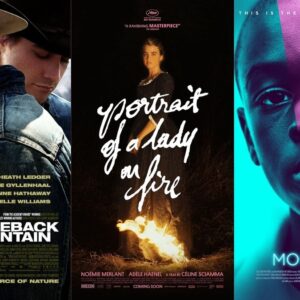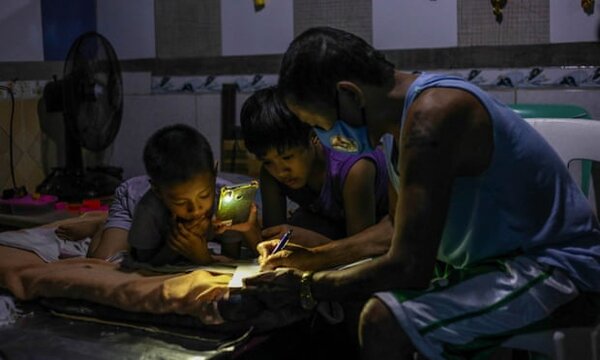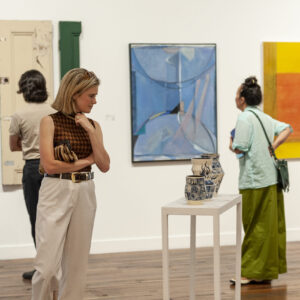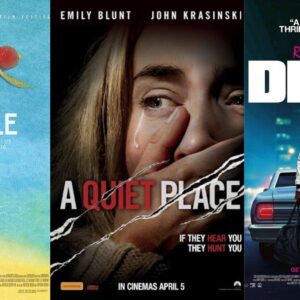Classrooms in thePhilippineswere silent on Monday as millions of schoolchildren hunkered down at home for the second year of remote lessons. Now experts fear, it will worsen an educational “crisis”.
- While nearly every country in the world has partially or fully reopened schools to in-person classes, the Philippines has kept them closed since the start of the coronavirus pandemic, the UN says.
- Philippines PresidentRodrigo Dutertehas so far rejected proposals for a pilot reopening of primary and secondary schools for fear children could catch Covid-19 and infect elderly relatives.
- More than 80% of parents are worried their children “are learning less”, said Isy Faingold, Unicef’s education chief in the Philippines, citing a recent survey.
- Scotland’s first minister has ruled out the possibility of a second referendum on independence until all day-to-day Covid restrictions are lifted.Nicola Sturgeon has repeatedly pledged to hold another poll by the end of 2023, but only if the public health crisis is over.
- In Iraq, it has received a donation of more than 100,000 AstraZeneca doses from Italy via the Covid-19 vaccine-sharing scheme Covax,according to Unicef. More than 4 million people, around 10% of Iraq’s population, have already received at least one coronavirus vaccine jab.
- Moreover, New Zealand’s prime minister, Jacinda Ardern, has purchased 500,000 doses of Pfizer’s Covid-19 vaccinefrom Denmark.
- Meanwhile, South Africa’s president, Cyril Ramaphosa, on Sunday announced plans to introduce Covid-19 “vaccine passports” amid widespread skepticism of the jab, ahead of an easing of movement restrictions this week, AFP reports.
After sluggish vaccine procurement and a delayed rollout, Africa’s worst-hit country for Covid is struggling with low take-up, particularly among men.












